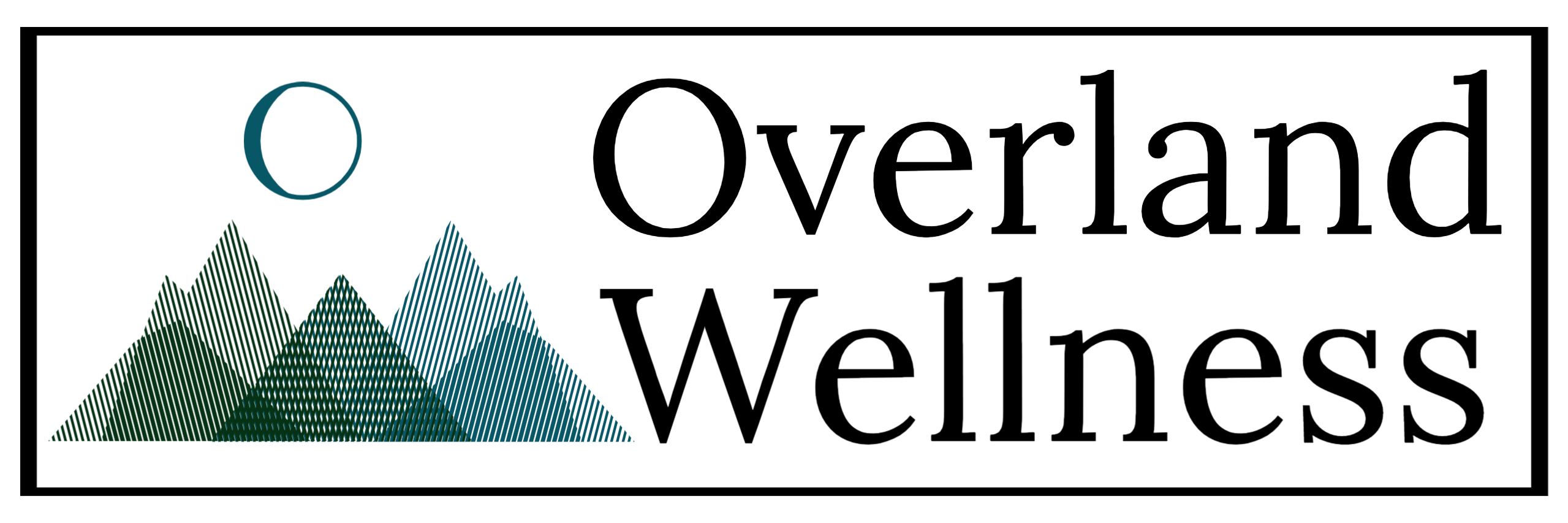New Year’s Resolution Tips
- Specify Goals
- Plan How
- Set Reminders
- Stay Accountable
- Restart (if necessary)
- Keep Going
- Enjoy Being the New You!

New Year a New You
How to help those New Year’s resolutions stick.
It is that season again where the gyms get really busy and everyone seems to be on a “cleanse.” Last month I joined a new gym and this month I set aside time in my schedule for barre class, so I am also part of this throng of awkward January gym-goers. Unfortunately, this burgeoning focus on wellness seems to taper off for most people as the year progresses. You can make this year different with strategies to turn a new resolution into lasting change.
Create an actionable plan for your resolution, for example transform a broad resolution of “I want to eat healthier” into one or several attainable goals. One such goal could be “I want to eat a new vegetable every week” another could be “I want to make lunches ahead of time so that I don’t eat junk food at work.” Next, develop your plan for how you will implement this goal, what do you have to do each day and what do you have to do ahead of time to prepare for it (such as grocery shopping or getting a lunch bag).

One key piece to any new resolution is a plan for how you are going to remember to do it. Whether it is an app, a whiteboard calendar or weekly agenda stuck to your fridge, some means of scheduling your resolution and monitoring your progress is going to help you stick to it. Check out your device’s app store or invest in that cute weekly planner and start writing out the things you plan to do and when they’re going to be done.
A strategy to turn a resolution into a change that sticks is to use the concept of habit formation. This involves using association, repetition and consistency to develop new automatic behaviors. When we do things over and over, such as buckle our seat belt before starting the car, it becomes an automatic action that you don’t even have to think about or remember to do. This automatic action with association (such as getting in the car) didn’t start right away, but likely took several repetitions and thought out actions before becoming a habit. When starting a new exercise plan such as stretching every morning, you will likely have to use reminders such as phone alarms or sticky notes to tell you it is time to do so. Soon you will associate getting up in the morning with having a second “time to stretch” alarm, eventually you will have the automatic response of stretching in the morning, and then it will start to “feel weird” to not stretch in the morning.

Disruptions to associated activities can definitely strain resolution success or habit automaticity. If you associate stretching with your morning alarm wake-up, you might just not remember ore even think of doing it when you’re on vacation. Eating a pre-planned lunch could become your regular routine but fall to the wayside if you rush out to work in the morning or your colleagues invite you out for lunch. This sort of disruption and return to your pre-resolution behavior are really common. One less-than ideal meal or missed work out doesn’t merit tossing out a new year’s plan entirely. These experiences can help you develop awareness of what things in your life are challenging your ability to successfully make a change. With that awareness you can restart your resolution, allow for a little flexibility and self-acceptance, and move forward.
Before starting a new exercise or dietary strategy it is a great idea to consult your doctor about your health and whether the new program would be a good fit for you. If you don’t currently have a doctor or would like the help of a wellness expert, feel free to schedule an appointment with me, Dr. Heather Overland. I can give you personalized dietary and lifestyle recommendations that will get you started on your optimal wellness plan and also provide you with regular reminders, a space for accountability and assistance with plan modifications to help you succeed in meeting your wellness goals.
